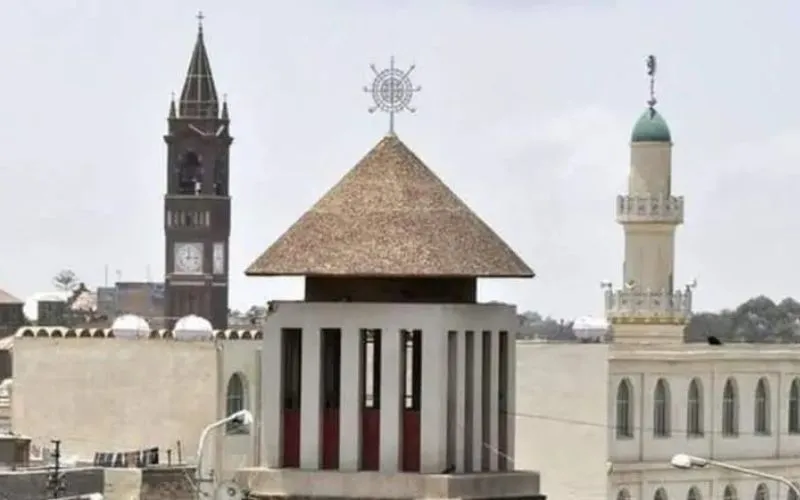Harare, 10 December, 2019 / 1:30 am (ACI Africa).
Catholic Bishops in Zimbabwe are calling on citizens of the Southern Africa nation to shelf various forms of selfish tendencies and consider bringing their minds together for an all-inclusive and “a comprehensive national dialogue” that can help sort out the leadership crisis in their country and the nurturing of inclinations toward the “common good.”
“Time has come for every citizen to come to the table with humility and focus on the common good. We call for a comprehensive national dialogue,” the Bishops in Zimbabwe have stated in their December 9 message and clarified, “The national dialogue must be all inclusive, with representatives from government, political parties, civil society, business and the Church.”
Writing under their umbrella body of Zimbabwe Catholic Bishop’s Conference (ZCBC), the Prelates have attributed the challenges in their country to gaps in leadership saying, “We do not seem to have leaders who think about our challenges as national challenges.”
They have explained in their Pastoral message, “Most of our leaders at all levels seem to think of safeguarding their own personal welfare and the welfare of their friends and relatives. More concern is placed on personal financial security, acquisition and keeping of political power and raising their social significance.”
“Our crisis is not only political and economic but first and foremost a spiritual and moral crisis,” the Prelates have stated referencing their 2007 declaration and added with regard to the crisis the country is facing, “It appears to us to be a clear sign of unhealthy egoism for political leaders to be placing selfish conditions on national dialogue and reconciliation.”








